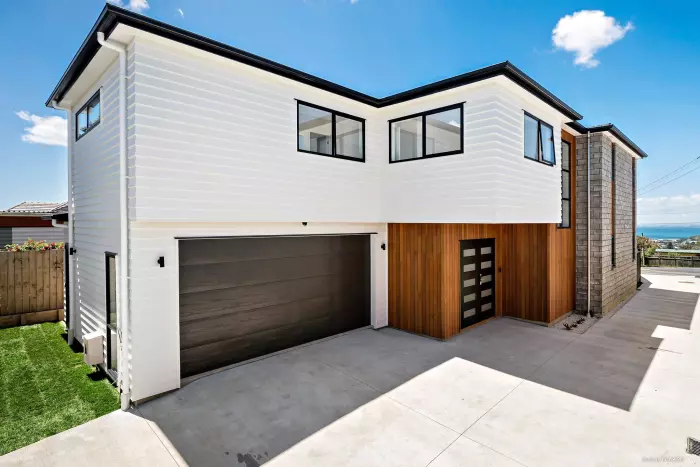The residential market is virtually a one-way bet for property owners, with house vendors racking up $4.4 billion in profits for the September quarter.
This is an average profit of $229,000 per deal, reinforcing there is method in the current housing madness.
The latest ‘pain and gain’ report from Corelogic shows nationally, 96.8 percent of housing resales made a capital gain during the last quarter, the highest level since mid-2007.
Aucklanders were again the big winners, banking a median gross profit of $349,000 across a total of $1.85 billion in sales for the quarter, while Wellingtonians came in at a median of $346,000 per deal for a combined $388.1 million in profits.
The median return in Tauranga was $265,000, in Hamilton it was $224,250, while Christchurch posted a more sedate $125,000 per deal.
Regional towns also did well, with Napier returning $301,000 per sale and Queenstown at $350,000 on a median basis, though this was across a relatively modest $56.5 million in transactions.
Of the 3.2 percent of ‘losers’ – those unlucky few who for some reason sold for less than their original purchase price – the median loss averaged out at $20,000, with owner-occupiers faring slightly better with an average loss of $17,000 versus $31,000 for investors.
The report does note the widening gap between house and apartment resales, with 97.3 percent of house resales netting a return while only 86.1 percent of apartments were resold at above the original purchase price.
The report notes this is still well ahead of 12 years ago when only about half of apartment resales were generating a gross profit.
Senior property economist Kelvin Davidson said the numbers reinforce a remarkable turn in sentiment across the residential property market, driven both by low mortgage rates as well as the tight supply and demand balance.
And the latest Reserve Bank data shows no respite into October, which was another month of buoyant mortgage lending activity, with $7.8 billion in lending - up $1.7 billion from the same month last year.
The hunt for yield
The question, Kiwibank chief economist Jarrod Kerr asks, is what the impact will be of further reductions to term deposit rates and lending rates on housing and business loans.
He said because slashing interest rates is designed to be a disincentive to saving and incentivise investment, savers are forced up the risk spectrum into higher risk assets, like investment property and equities.
And while $1 million in the bank would have given retirees enough to live on a few years ago, “today $1 million in the bank would give savers on a few thousand dollars, after tax, with term deposit rates as low as 0.6 percent.”
That compared to a $1 million rental property which could bring in between $30,000 to $50,000 before tax, so “it is no surprise then to see a lift in investors hunting yield.”
Less time held
The Corelogic report also noted the length of time buyers were hanging onto their property purchases has moved to a median of 6.9 years, the lowest since mid-2010. This “highlights the effects of the continued growth we’ve seen in recent years,” especially for investors who haven’t needed to hold a property for as long to generate a capital gain.
By contrast, loss making resales over the past quarter, represented an average hold period of 3.6 years.
Still, sellers in Hamilton and Wellington can be virtually assured of making a profit on a housing sale in very little time, with 99 percent of resales for the last quarter ahead of the purchase price, Tauranga and Dunedin were at 98 percent, Auckland was at 95 percent and Christchurch was at 92.4 percent, although that was up from 90.9 percent for the prior quarter.
Davidson said he expects to see continued growth in house prices as buyers compete for limited stock and resellers are likely to have good demand with multiple offers for their property.
But this could taper back if unemployment increases in the fourth quarter led by the absence of overseas tourists in the summer months. “If this flows through to investment property resales, investor property performance could slip a little,” he said.














